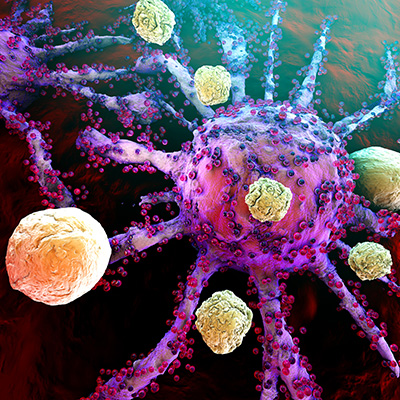January 28, 2021 -- Artiva Biotherapeutics and Merck have signed an agreement to develop chimeric antigen receptor (CAR) natural killer (NK) cell therapeutics for solid tumors.
Under terms of the deal, the firms will use Artiva's allogenic NK cell manufacturing platform and CAR-NK technology to develop two CAR-NK therapies with an option for a third, which Merck will then clinically develop and market. Artiva will receive an upfront payment of $30 million for first two therapies, $15 million if Merck requests a third, and up to $612 million in future development and commercial milestones and royalties on product sales, the two companies said.
Artiva's current CAR-NK offerings include AB-201 for the treatment of HER2+ solid tumors and AB-202 for the treatment of B-cell malignancies, it said.
Copyright © 2021 scienceboard.net











